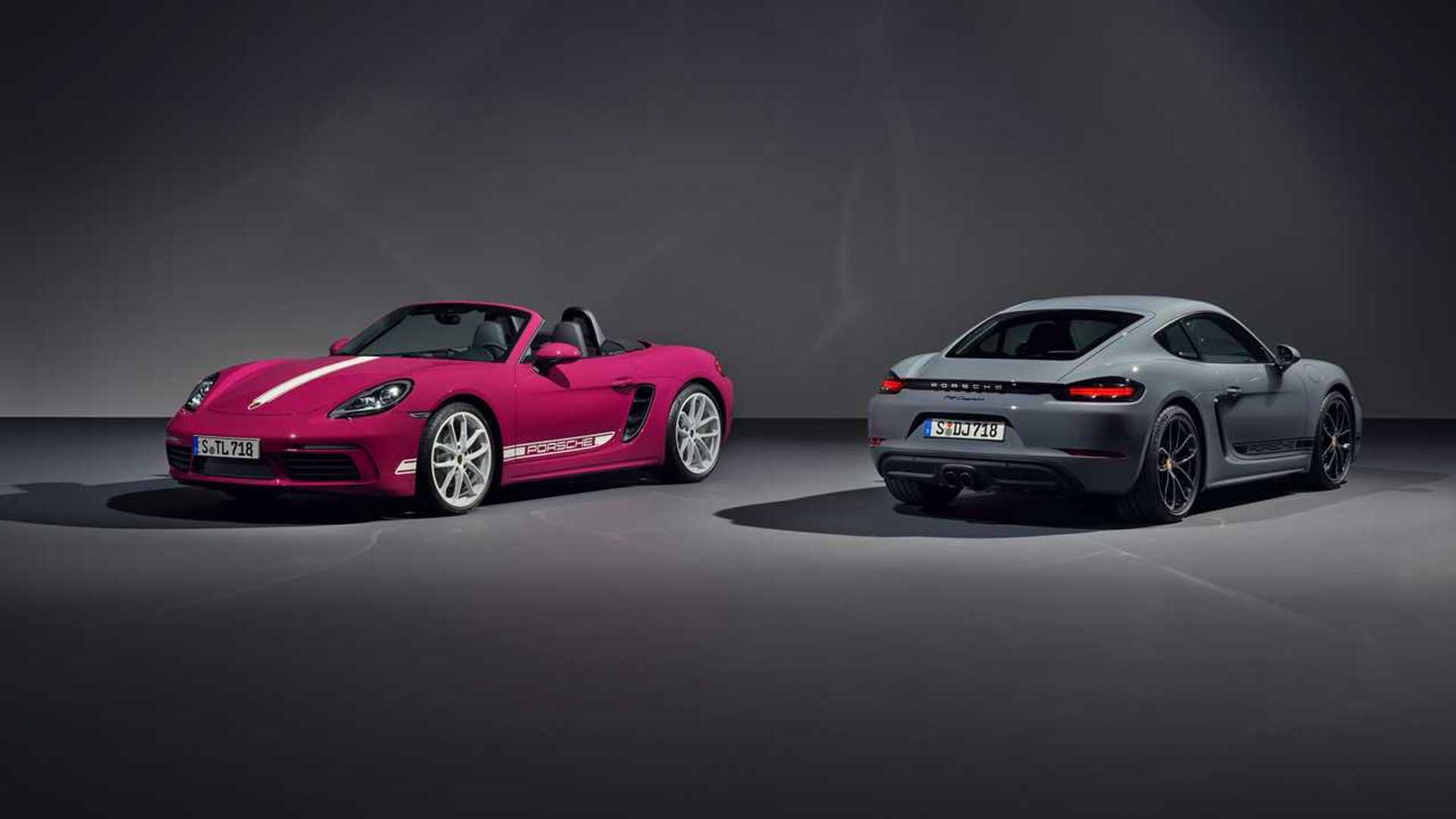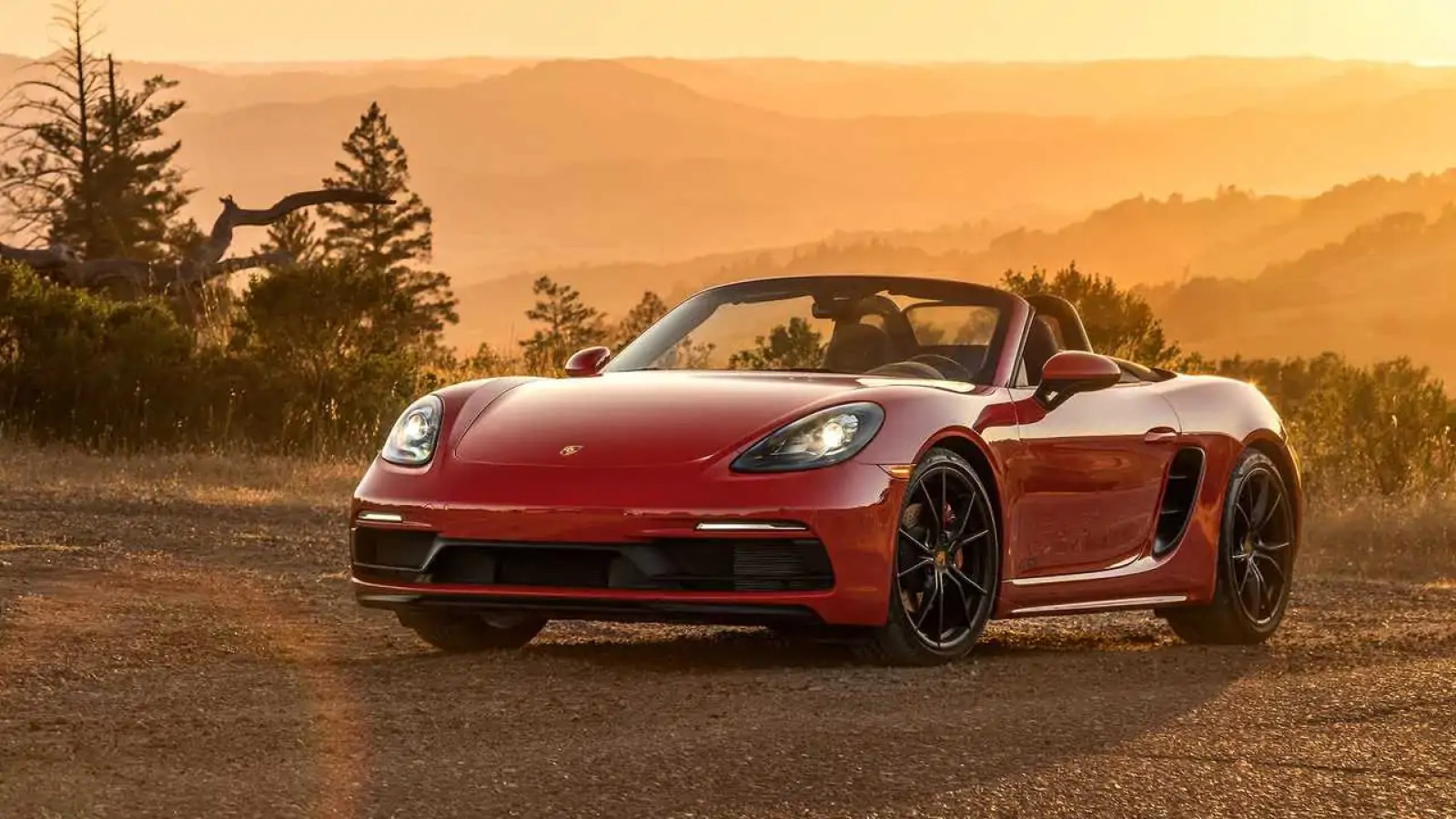4 Minutes
The Final Lap for the Gas-Powered Porsche 718 Boxster and Cayman
The automotive world is bidding farewell to two of Porsche’s most beloved entry-level sports cars—the gas-powered 718 Boxster and 718 Cayman. As Porsche phases out these icons, enthusiasts are left to savor the last moments of pure, mid-engine performance from this legendary duo. Production of the fourth-generation (982 series) Boxster and Cayman is winding down, with final units scheduled for assembly by October 2024. This decision comes on the heels of new regulations that forced their retirement from Europe in 2023 and signals a global end for these Zuffenhausen-built models.
Production History and Changing Market Dynamics
Since 2016, Porsche’s main plant in Zuffenhausen has dedicated its lines to building the Boxster and Cayman, with additional production shifting to Osnabrück in recent years. 2024 marks the end of an era as the last full year of production sees a 15% jump in global sales to 23,670 units—proof of enduring demand. However, with shipments dropping 22% to 4,498 units in the first quarter of 2025, industry analysts aren’t surprised. Tightening EU legislation and global market shifts have hastened the discontinuation of these thrilling sports cars.
Special Editions Survive the Transition
While regular versions of the 718 have exited global showrooms, limited-run models like the Boxster RS Spyder and Cayman GT4 RS have managed to stick around in select regions. Thanks to their exclusivity and lower production numbers, these models are temporarily exempt from some regulatory constraints, offering collectors and enthusiasts one final taste of combustion-driven excitement.

Vehicle Specifications, Design, and Track-Ready Performance
The Porsche 718 lineup is lauded for its mid-engine balance and razor-sharp handling. Under the hood, drivers experienced turbocharged four-cylinder engines and a stirring flat-six in higher trims, mated to manual or dual-clutch transmissions. Boasting lightweight chassis dynamics, precise steering, and timeless convertible and coupe styling, the Boxster and Cayman carved a niche as some of the most accessible yet thrilling sports cars in Porsche’s stable.
Renowned for their 0-60 mph sprints in under 4 seconds (in top variants) and track-ready brakes, these models have set benchmarks for agility and performance in the mid-engine sports car segment. From daily commutes to weekend drives, their blend of comfort, technology, and performance has made them icons in the luxury automotive market.
The Road Ahead: Electric Successors and Porsche’s Evolving Lineup
Porsche is preparing to usher in a new era with all-electric versions of the Boxster and Cayman. However, the transition won’t happen overnight. CEO Oliver Blume confirmed that the electric successors are still in development and won’t hit showrooms this year. Porsche aims to deliver EVs that are “more dynamic, more powerful, and offer a pure driving experience,” ensuring that the spirit of the 718 lives on—even without internal combustion.
Future Powertrain Strategies and Lineup Adjustments
As Porsche pivots towards electrification, the brand is re-evaluating its ambitious targets. The goal for 80% electric vehicle sales by 2030 has been scaled back, recognizing both market realities and evolving consumer demand. Still, while retiring its entry-level gasoline sports cars, Porsche is maintaining a multi-pronged strategy:
- The Cayenne will be sold alongside an all-electric version well into the 2030s.
- The Panamera’s powerful twin-turbo 4.0-liter V8 is being updated to meet Euro 7 standards and will remain in production for years to come.
- The first-generation Macan is set to retire in 2026, replaced by the electric second-generation Macan—but there’s potential for a new gas or hybrid crossover to fill its space in the future.
Interestingly, Porsche is even considering adding combustion or hybrid powertrains to vehicles originally intended as pure EVs, showing adaptability as it navigates shifting technological and regulatory landscapes.
Market Positioning and Competitive Outlook
The departure of the gasoline-powered Boxster and Cayman marks a significant turning point in the automotive market. Rival brands, such as BMW’s Z4 and Toyota’s GR Supra, continue to offer engaging internal combustion alternatives, but Porsche’s move signals a larger trend toward electrification in the sports car segment. Enthusiasts will be watching closely for the debut of Porsche’s next-generation electric sports cars—eager to see how they stack up against their celebrated predecessors.
Conclusion: End of an Era, Birth of a New Legacy
While the sun sets on the legendary gas-powered 718 Boxster and Cayman, Porsche’s commitment to performance and innovation remains stronger than ever. The coming years promise exciting developments as the brand embraces electrification without sacrificing its heritage of driving excellence. For fans and collectors, now is the final opportunity to experience the magic of these iconic mid-engine sports cars as they drive into the annals of automotive history.


Comments